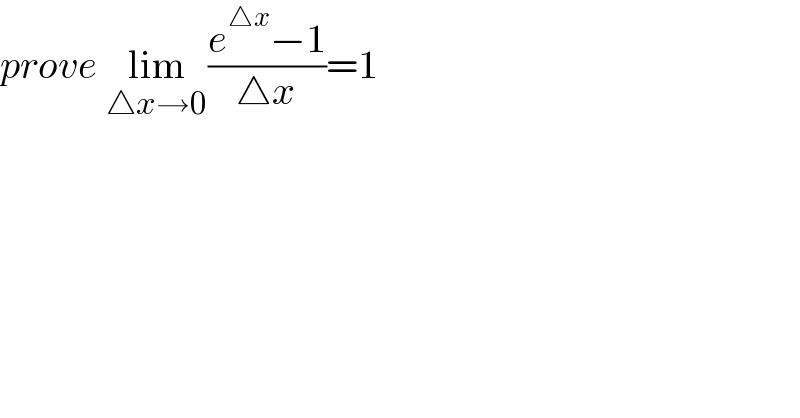
Question and Answers Forum
Question Number 157104 by zakirullah last updated on 19/Oct/21

Answered by puissant last updated on 19/Oct/21

Commented by zakirullah last updated on 20/Oct/21

Answered by Fresnel last updated on 20/Oct/21

Commented by zakirullah last updated on 20/Oct/21

